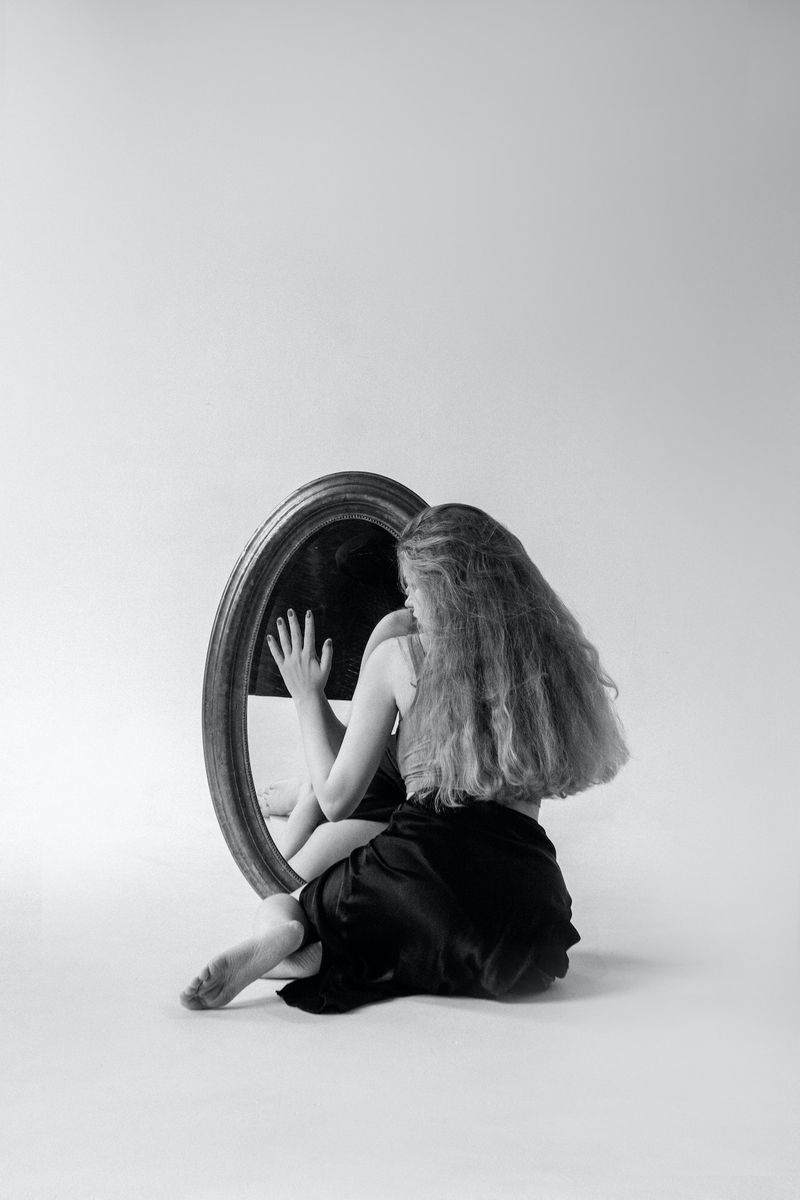It's common for books and websites about personal development to explain that forgiving another person will help you move on. "Holding a grudge," they explain, "is like giving the other person rent-free space in your head." That's generally true, but it's only half the story. What if you're not the person who has been wronged, but the person who's in the wrong? Why is it important that you are forgiven?
Forgiving is not the same as forgetting. To be forgiven doesn't mean that your bad choices have been swept aside; it doesn't suggest that your mistakes are completely gone. Forgiveness means remembering and understanding what another person has done, but no longer holding it against them. When you believe you are forgiven, you accept responsibility for your actions and their consequences but you no longer allow them to define who you are.
If you want to grow as a person, to be the best version of yourself that you can, then you need to make mistakes. If you don't make mistakes, you'll miss out on opportunities to learn. If you never say a hurtful thing during an argument, then you'll never understand what regret feels like, never learn how to apologize, never know how to restore a relationship. Learning from your mistakes is an essential part of personal development.
Remember that accepting forgiveness means that your bad choices don't define you as a person. If you're not forgiven, then those bad choices will continue to shape the way you see yourself. If you're not forgiven, you can't learn from mistakes and move on, because those mistakes have become part of your identity. Learning enables you to move forward; lack of forgiveness holds you back.
If you are part of a religious tradition that includes forgiveness, then you may believe that God will forgive you. You might feel the need to earn this in some way, or you might see it as a gift, but you will need to accept and believe that you are forgiven if you want to move on. If you don't believe in God, you still need to experience forgiveness in your relationships with other people.
What if the person you've hurt is unable to forgive? Sometimes that happens and it usually means the end of the relationship. If they are unable to let go of their image of you as a hurtful or foolish or selfish person, if they believe that you will never change, then you won't be able to grow with them. This doesn't mean that you have a right to be forgiven, or that the other person is wrong for not forgiving: forgiveness always takes time and effort and you can't expect the person you've hurt to do it easily. But if they are unwilling ever to forgive you, then you will need to forgive yourself.
Forgiving yourself should be hard work. If you can glibly announce that you've forgiven yourself, then you probably haven't. You might have elected to forget what you did wrong, or you may have decided that it didn't really matter. That's not forgiveness. Forgiving yourself means remembering what you did wrong and accepting that it hurt others. Telling yourself that it doesn't matter means believing that other people's pain doesn't count. Acknowledging that you have hurt another person and learning from that experience so that you are less likely to hurt them in the future is the essence of forgiving yourself. It means taking responsibility, not only for what you did, but for what you are doing in response.
Developing and growing as a person means learning from your mistakes. Becoming the best version of yourself involves reflecting on what you've done, good and bad. If you're not able to forgive yourself and to accept forgiveness from others, you'll be stuck in a position where you're constantly aware of the bad things you've done, yet unable to learn and grow from that experience. There's no rule that says another person must forgive you; it's always their choice, their gift to give. But if you're unable to accept that gift, then you'll deny yourself the chance to become a better person.






